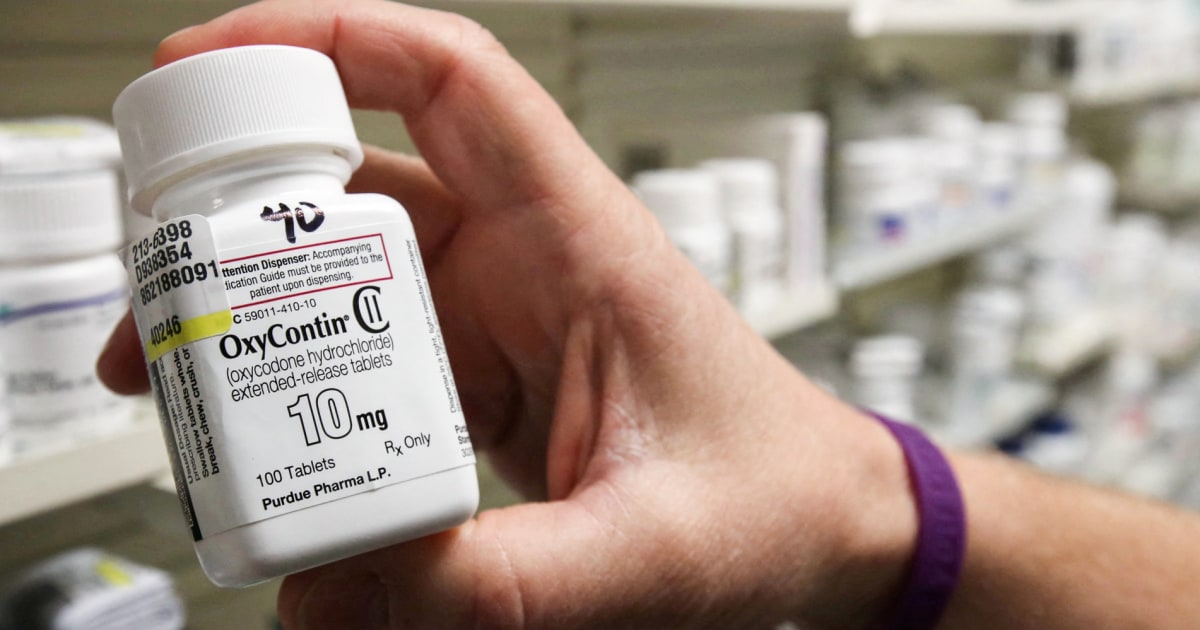Unraveling the $7.4 Billion Settlement: The Sacklers and Purdue Pharma’s Historic OxyContin Deal
The opioid crisis in the United States has claimed countless lives and devastated communities. At the center of this public health emergency lies Purdue Pharma, the maker of OxyContin, and the Sackler family, its owners. Recently, a monumental $7.4 billion settlement was announced, aimed at resolving numerous lawsuits tied to the opioid epidemic. This unprecedented deal raises critical questions about accountability, corporate ethics, and the future of the pharmaceutical industry.
The Background of Purdue Pharma and OxyContin
Purdue Pharma was founded in 1892 and is best known for its controversial pain medication, OxyContin, which was released in 1996. Marketed as a revolutionary solution for chronic pain, OxyContin quickly became a best-seller. However, it was soon linked to widespread addiction, leading to a surge in opioid-related overdoses and deaths.
Despite early warnings from medical professionals and public health advocates, Purdue Pharma aggressively marketed OxyContin, downplaying its addictive potential. This strategy not only increased sales but also contributed to a national crisis that has resulted in hundreds of thousands of deaths. The Sackler family, who owned Purdue Pharma, has faced significant backlash for their role in the opioid epidemic, with many accusing them of prioritizing profits over public health.
The Details of the Settlement
The $7.4 billion settlement is a landmark decision that aims to provide compensation to states, local governments, and individuals affected by the opioid crisis. The agreement, which is still subject to court approval, comes after years of litigation against Purdue Pharma and the Sacklers, who have been accused of fueling the opioid crisis through misleading marketing practices.
- Financial Compensation: The settlement will allocate funds for addiction treatment, prevention programs, and community support initiatives.
- Accountability Measures: Purdue Pharma will be restructured as a public benefit company to ensure profits are used for tackling the opioid epidemic.
- Sackler Family Contributions: The Sackler family has agreed to contribute a significant portion of their wealth to the settlement, although critics argue that this amount is insufficient compared to their earnings from OxyContin sales.
Implications for Accountability
This settlement marks a significant shift in how pharmaceutical companies are held accountable for their role in public health crises. Traditionally, corporations have operated with a degree of impunity, often prioritizing profit margins over ethical considerations. However, the ongoing fallout from the opioid crisis has prompted a reevaluation of corporate responsibility.
The implications of this settlement extend beyond Purdue Pharma and the Sacklers. It sets a precedent for how other pharmaceutical companies may be held accountable in the future. As public scrutiny of drug manufacturers increases, companies may be compelled to adopt more transparent practices and prioritize patient safety over profits.
The Future of the Pharmaceutical Industry
The opioid crisis has triggered a broader examination of the pharmaceutical industry and its practices. As we unravel the complexities of this $7.4 billion settlement, several key questions emerge regarding the future of pharmaceuticals:
- Will the settlement lead to more stringent regulations? The settlement may encourage lawmakers to tighten regulations on drug marketing and distribution, particularly concerning addictive substances.
- How will this affect drug pricing and access? Increased scrutiny could lead to more equitable pricing practices, ensuring that medications are accessible to those in need without being exploitative.
- Can trust in the pharmaceutical industry be restored? Restoring public trust will require significant changes within the industry, including transparency in clinical trials, marketing strategies, and ethical practices.
Community Impact and Recovery Efforts
One of the most pressing concerns following the settlement is how the funds will be allocated to address the needs of communities devastated by the opioid crisis. Effective use of the settlement money is crucial for making a tangible impact on addiction recovery and prevention.
States and local governments will need to develop comprehensive plans to utilize these funds effectively. Key areas of focus may include:
- Funding Treatment Programs: Ensuring access to effective addiction treatment services, including medication-assisted treatment (MAT) and counseling.
- Preventing Future Crises: Implementing public health campaigns to educate communities about the risks of opioid use and promote safe prescribing practices.
- Supporting Families and Individuals: Providing resources for families affected by addiction, including mental health services and support networks.
Conclusion: A Turning Point in the Opioid Crisis
The $7.4 billion settlement involving Purdue Pharma and the Sackler family represents a pivotal moment in the fight against the opioid crisis. While it is a significant step towards accountability, it also serves as a reminder of the devastating impact that corporate greed can have on public health. As the pharmaceutical industry navigates the aftermath of this crisis, the hope is that lessons learned will lead to a more ethical and responsible approach to drug manufacturing and marketing.
Moving forward, it is vital for stakeholders, including lawmakers, healthcare providers, and the pharmaceutical industry, to work collaboratively to ensure that the mistakes of the past are not repeated. Only through collective action can we hope to heal the wounds inflicted by the opioid epidemic and build a healthier future for all.
See more WebMD Network



